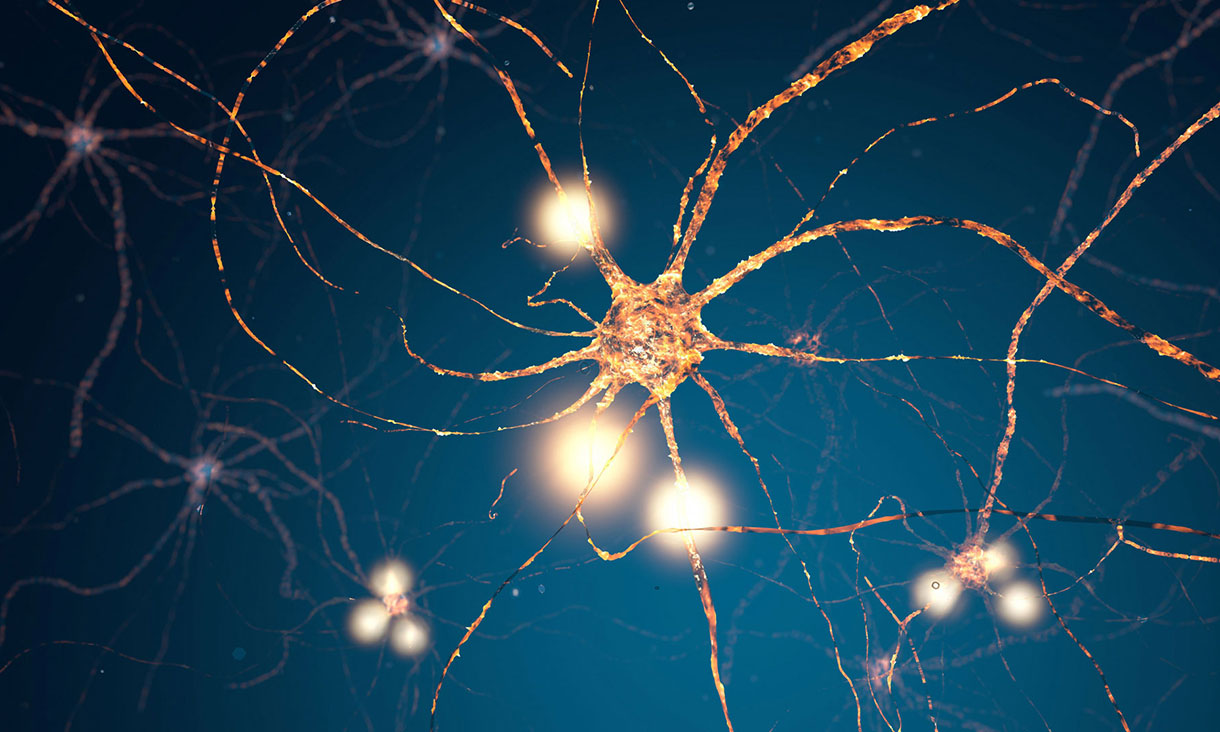However hard skills have not lost their appeal. RMIT Associate Professor Marta Poblet Balcell, lecturer in managing technology and innovation, says a balance of both hard and soft skills is what gears individuals for successful collaboration and innovation.
“I’m not saying everything needs to be done in teams or groups, but many important projects require a lot of collaboration,” she says.
“If we consider that successful collaboration involves not only expertise on hard skills, knowledge for the task, but especially the capacity to work well in teams and that requires a different mindset that includes interpersonal skills, relational skills and that becomes absolutely important because you will have people coming from different walks of life, cultural backgrounds and technical backgrounds.
“To make communication effective, you need to have those skills to talk to and listen to people.”
Such is the importance of soft skills, Poblet Balcell says they should be prioritised across primary and secondary schools.
Research by Microsoft and McKinsey & Company’s Education Practice underlines the critical nature of learning soft skills at an early age. In The class of 2030 and life-ready learning: The technology imperative report, it’s predicted the future of learning will be profoundly social, student-centric and personalised, all with the support of technology. Key findings emphasise the need for students to be life-ready, rather than simply work-ready.



1920x1080.jpg)
